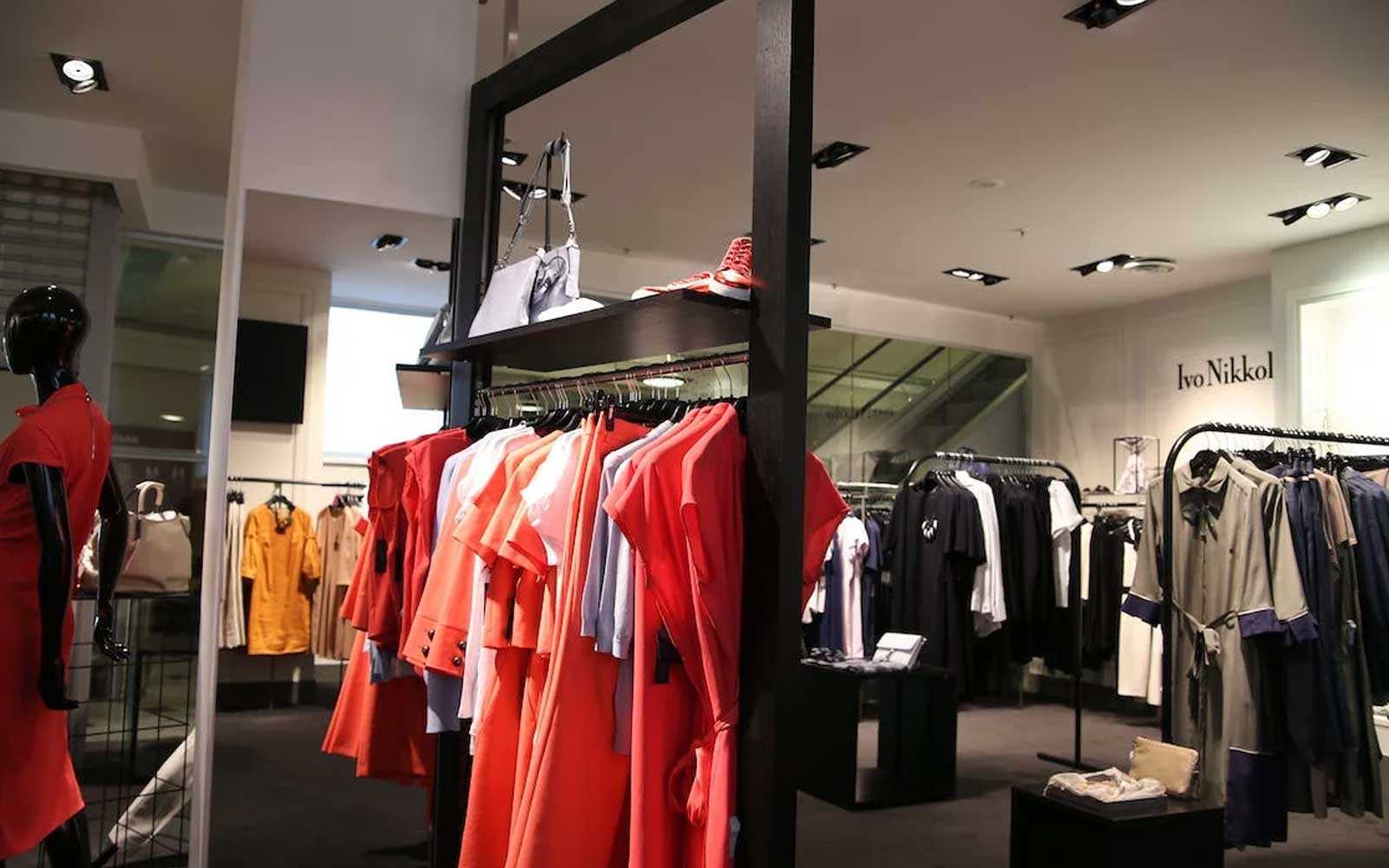
How will the growing competition between SHEIN and TEMU affect the market?
In an ever-changing retail market, while many factors are constantly evolving, consumers who love to bargain remain the same. The global recession, the cost of living crisis and rising inflation have made overseas consumers increasingly concerned about value for money.
Chinese e-commerce giants SHEIN and TEMU, with ultra-low price strategy, quickly emerged in the overseas e-commerce market. Their rise has aroused the alarm of many competitors, especially in the UK market, this competitive situation is particularly obvious. According to Craig Smith, country manager of e-commerce third-party service Scayle, companies such as eBay and Amazon have both seen user numbers decline in the UK since SHEIN and TEMU became popular.
Kantar Data Agency research reports that as of January 2024, SHEIN’s monthly average search volume is nearly 62 million, while TEMU’s search volume is 19 million. It is worth noting that TEMU’s search rate increased by a staggering 3,022% year-over-year, while SHEIN’s growth rate was only 9% despite its high base of search volume.
With the rise of these two e-commerce giants, people can’t help but wonder: How are they affecting the overseas e-commerce retail market? What are the reasons behind their fierce competition? Who will win over consumers in the long run?
The difference between SHEIN and TEMU
What SHEIN and TEMU have in common is that they both come from China and their products are very competitively priced. But there are obvious differences: SHEIN is more focused on fashion categories and has inventory from different regions; TEMU, on the other hand, ships directly from factories in China and acts as an e-commerce channel for third-party sellers, selling a wide range of generic goods.
Although both companies excel in different areas, the competition remains fierce. SHEIN has a stable customer base, while TEMU’s wide range of products may have an impact on search and recommendation efficiency.
According to mobile intelligence agency Data.ai, downloads of TEMU in the UK grew by 34% in 2023, making it the number one app for year-on-year growth, while SHEIN failed to make the top 20. E-commerce consultant Sue Azari believes this is because SHEIN’s growth has started to slow, while TEMU still has a wider audience to attract.
CACI analyst Chris Lidington pointed out that as brand awareness increases, both SHEIN and TEMU are expected to capture a broader market share by appealing to a more affluent consumer base.
The battle for business growth
TEMU became the focus of overseas media attention after outspending SHEIN last year. Its spending rose 20% in May. TEMU’s monthly gross merchandise volume is forecast to reach $1 billion by the end of last year, while SHEIN’s gross merchandise volume has reached $30 billion in 2022.
The focus is on which areas the two competitors are winning market share in, and how they are finding their respective growth points in this highly competitive market.
TEMU’s sales have grown rapidly since April 2023 and are expected to soon overtake Poundland’s. Its average transaction value (ATV) remained in a stable range of £16 to £17.
In contrast, the average transaction value of SHEIN is higher at just under £30 and has remained relatively stable over the past two years. The number of transactions is on a par with rivals Very and Asos, with sales up 42% year on year from January 2023.
CACI’s findings show that SHEIN consumers are less price-sensitive than TEMU consumers, which could drive higher average transaction value growth.
Chris Lidington, associate partner of Retail and FMCG at CACI, said: “As SHEIN and TEMU continue to thrive in the UK market, we can see their rapid expansion beyond their core customer base by offering affordable products.”
Social status: Who leads the pack?
Jon Bradford, managing partner at Dynamo Ventures, stressed that while both brands rely on social media for growth, SHEIN’s presence in the UK market is clearly greater. The company recently acquired fashion brand Missguided to further attract fashion consumers.
TEMU has the advantage of product breadth, like a large store, offering a full range of services from a variety of small items to a variety of large items, at a very low price, and consumers can get the service when they visit the website.
Nick Morgan of Vudoo, a content service, says SHEIN has a niche in fashion and can adapt quickly; TEMU, on the other hand, is seen as a market and home to more categories. Both have their own characteristics in this field.



